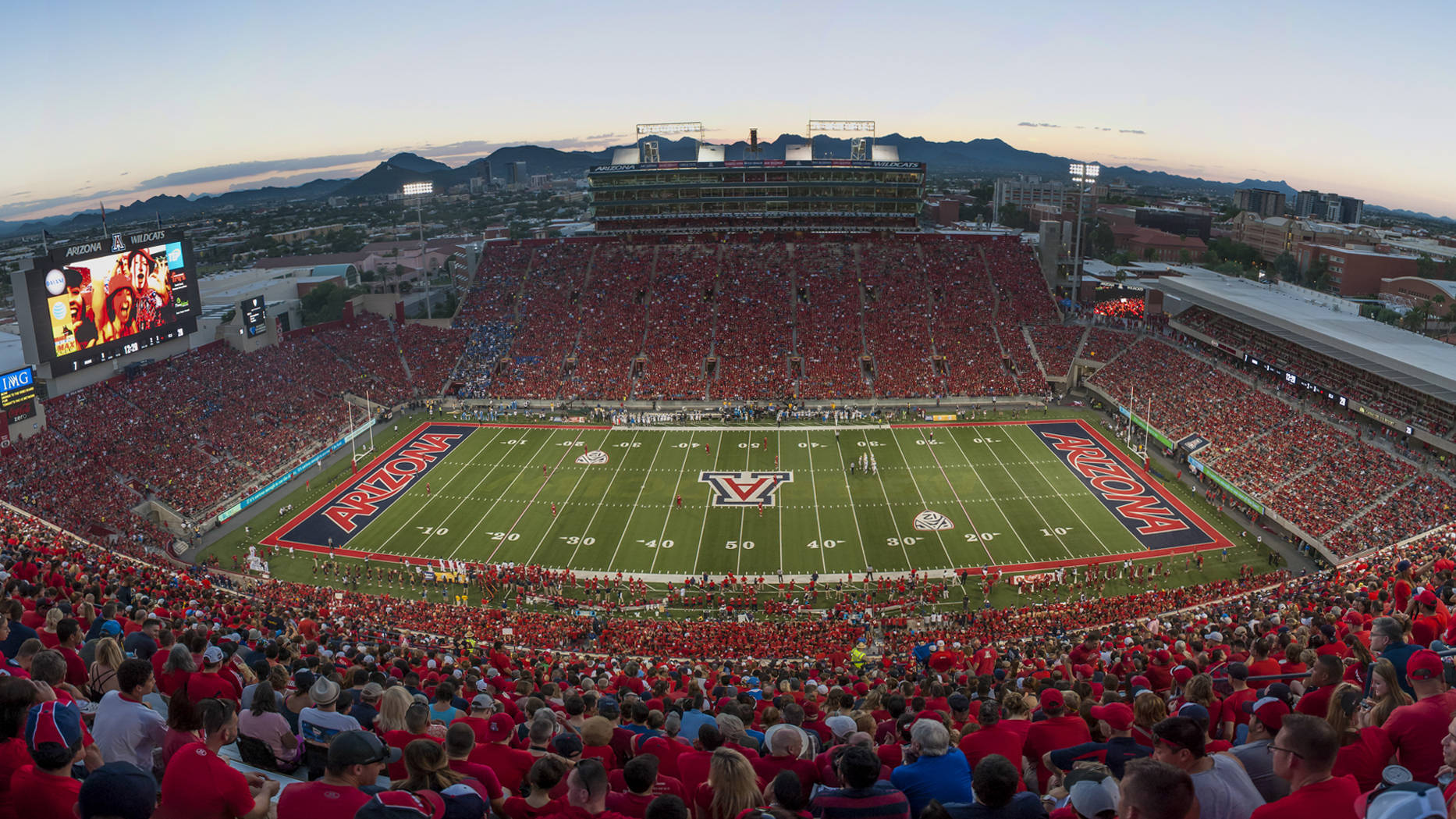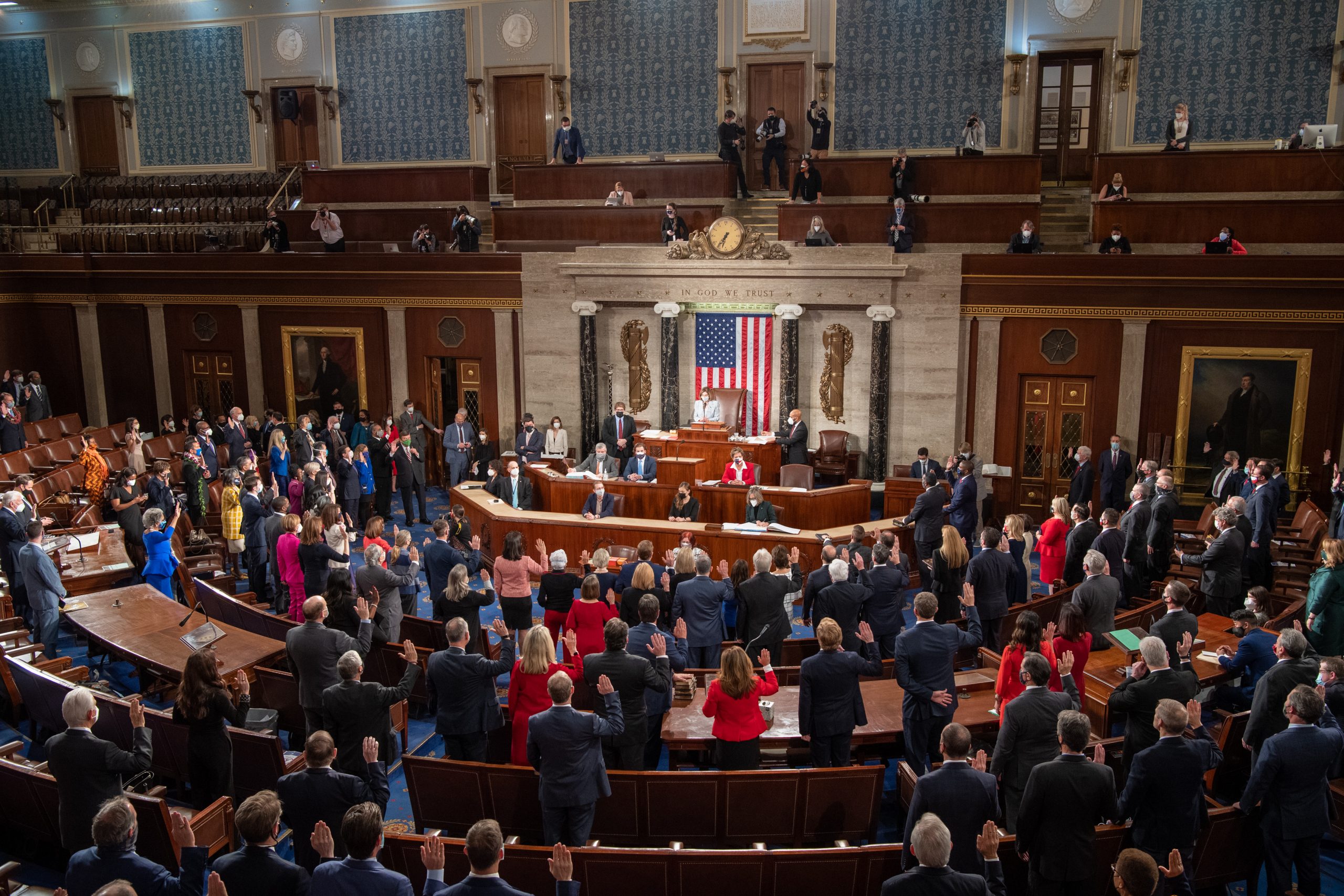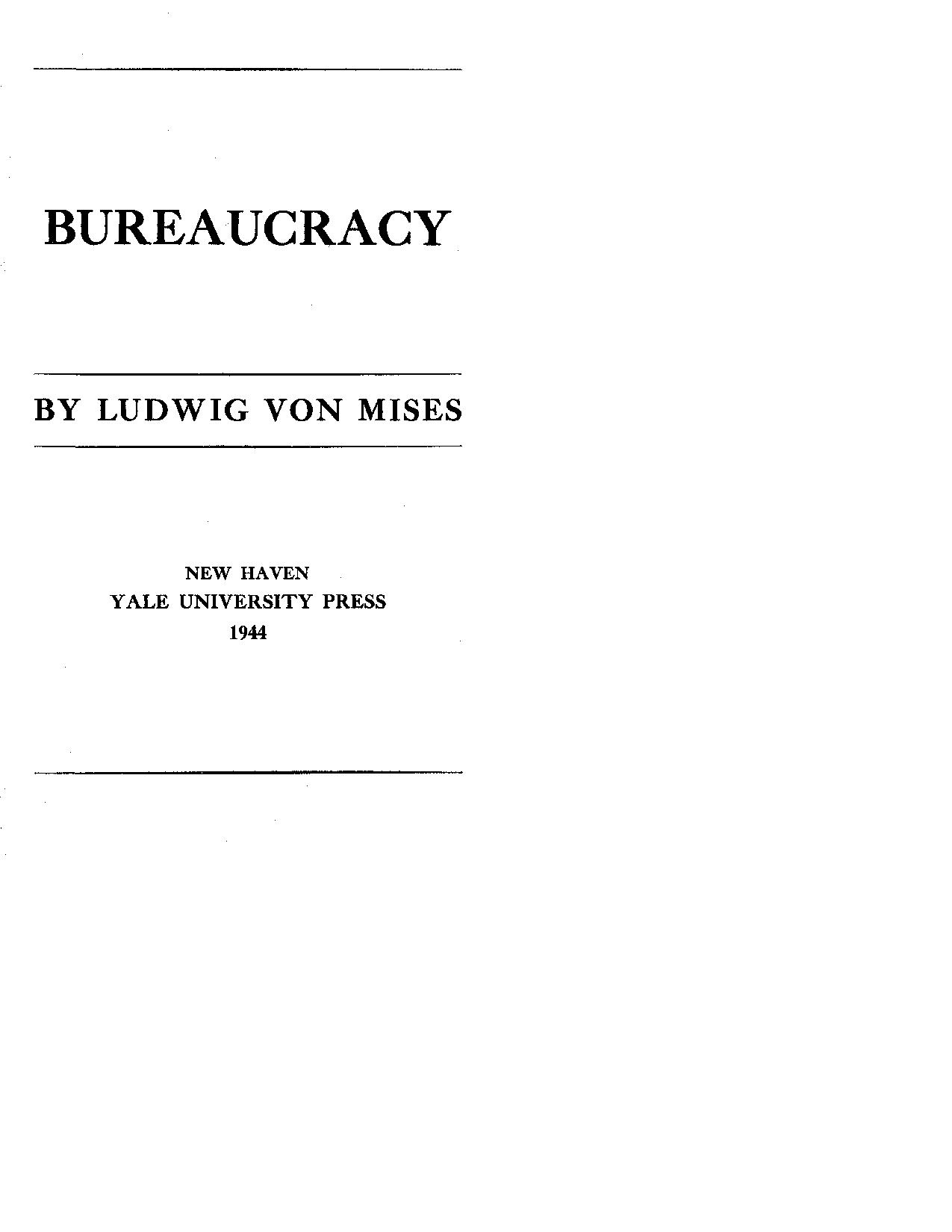Smart Stadium for Smarter Living: Enriching the Fan Experience
Sethuraman Panchanathan – Shayok Chakraborty – Troy McDaniel – Matt Bunch
Arizona State University
Noel O’Connor – Suzanne Little – Kevin McGuinness Mark Marsden
Dublin City University
Abstract: Rapid urbanization has led to more people residing in cities than ever before, and projections estimate that 64% of the global population will be urban by 2050. Cities are beginning to explore Smart City initiatives to reduce expenses and complexities while increasing efficiency and quality of life for its citizens. To achieve this goal, advances in technology and policies are needed together with rethinking traditional solutions to transportation, safety, sustainability, among other priority areas. We propose the use of a Smart Stadium as a ‘living laboratory’ to identify, deploy and test Internet of Things technologies and Smart City solutions in an environment small enough to practically trial but large enough to evaluate effectiveness and scalability. The Smart Stadium for Smarter Living initiative brings together Arizona State University, Dublin City University, Intel Corporation, Gaelic Athletic Association, Sun Devil Stadium and Croke Park to explore smart environment solutions.
CLICK HERE to order complete paper
















